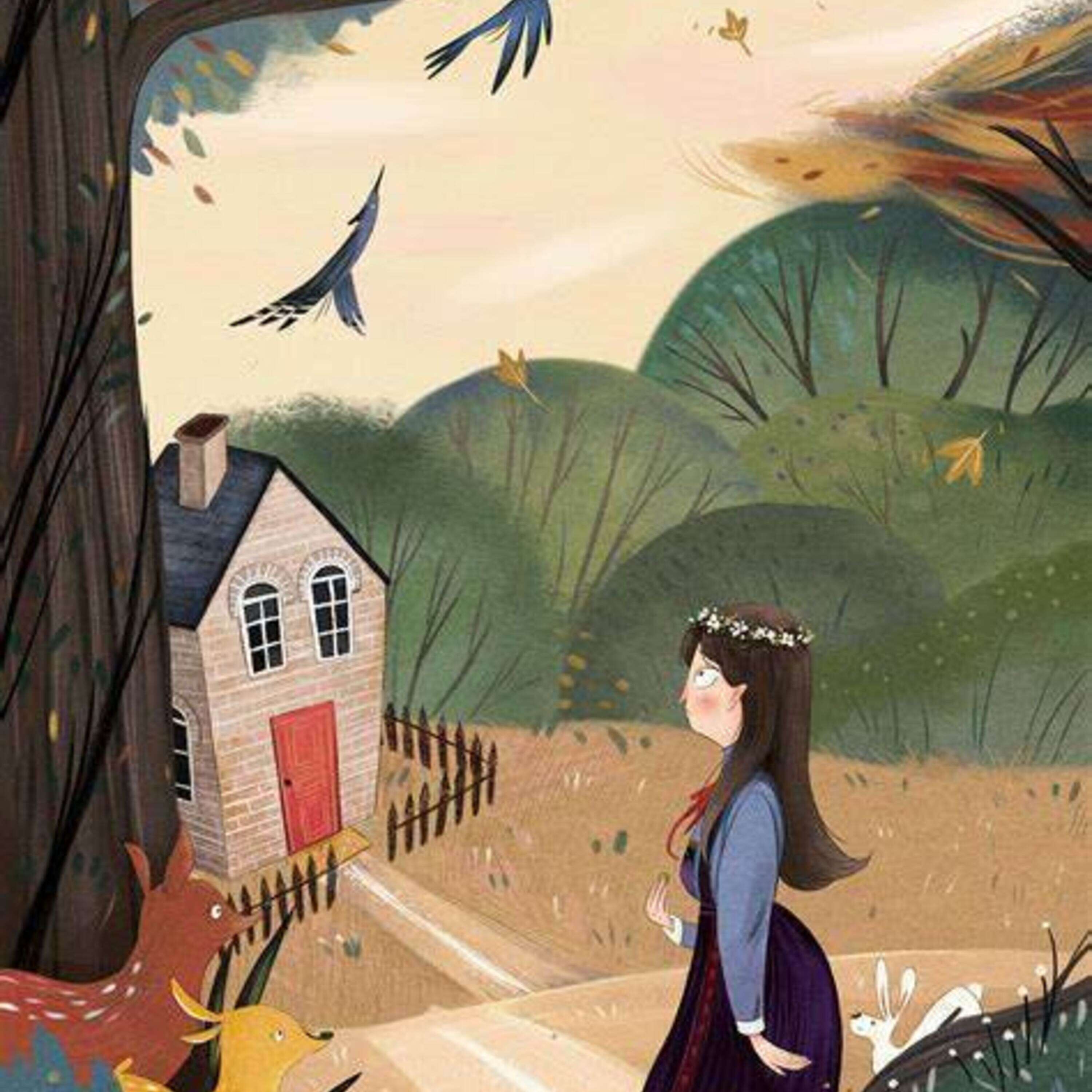Don Quixote: The Tragicomic Hero
Don Quixote: The Tragicomic Hero
Don Quixote Quotes
1. "I am convinced that there are no people in the world more pugnacious than the Spaniards." 2. "A knight errant is someone who scours the world looking for adventures to right wrongs, protect the helpless and punish evil-doers." 3. "Love and war are all one." 4. "The two enemies of human happiness are pain and boredom." 5. "One man scorned and covered with scars still strove with his last ounce of courage to reach the unreachable stars; and the world will be better for this." 6. "All things are subject to decay and when fate summons, monarchs must obey." 7. "No fathers or mothers think their own children ugly." 8. "Facts are the enemy of truth."
A Book Review of Don Quixote
Don Quixote is a towering achievement of Western literature that has captivated readers for centuries. With its complex characters, intricate plot, and sophisticated themes, this novel is a testament to the power of storytelling. At its heart, Don Quixote is a character study. The titular hero is a tragic figure who embodies both the best and the worst of humanity - his idealism and bravery are tempered by his delusions and ignorance. Similarly, Sancho Panza is a fully-realized character whose humor and pragmatism provide a necessary foil to Don Quixote's mad quest. But what sets Don Quixote apart from other novels is its metafictional elements. Throughout the book, Cervantes plays with the conventions of storytelling, blurring the lines between reality and fiction, author and narrator, and reader and character. This self-reflexive approach not only adds depth to the text, but also invites readers to question their own assumptions about literature and art. All in all, Don Quixote is a work of monumental significance that rewards careful reading and analysis. It remains one of the most important books ever written, and its legacy will continue to inspire and challenge generations to come.
Don Quixote Author
The author of the book "Don Quixote" is Miguel de Cervantes, a Spanish writer who lived from 1547 to 1616. Cervantes is considered one of the most important and influential writers in world literature, particularly for his contributions to the development of the modern novel. "Don Quixote" is Cervantes' most famous work, published in two parts in 1605 and 1615. The novel tells the story of a man named Alonso Quixano who becomes so enamored with books of chivalry that he loses touch with reality and sets out on a quest to become a knight-errant himself. Accompanied by his loyal squire Sancho Panza, Don Quixote embarks on a series of misadventures that both satirize and celebrate the romantic ideals of chivalry. Cervantes' writing style in "Don Quixote" is notable for its humor, irony, and realism. His portrayal of Don Quixote as a delusional but sympathetic character has made him an enduring icon of Western literature.

